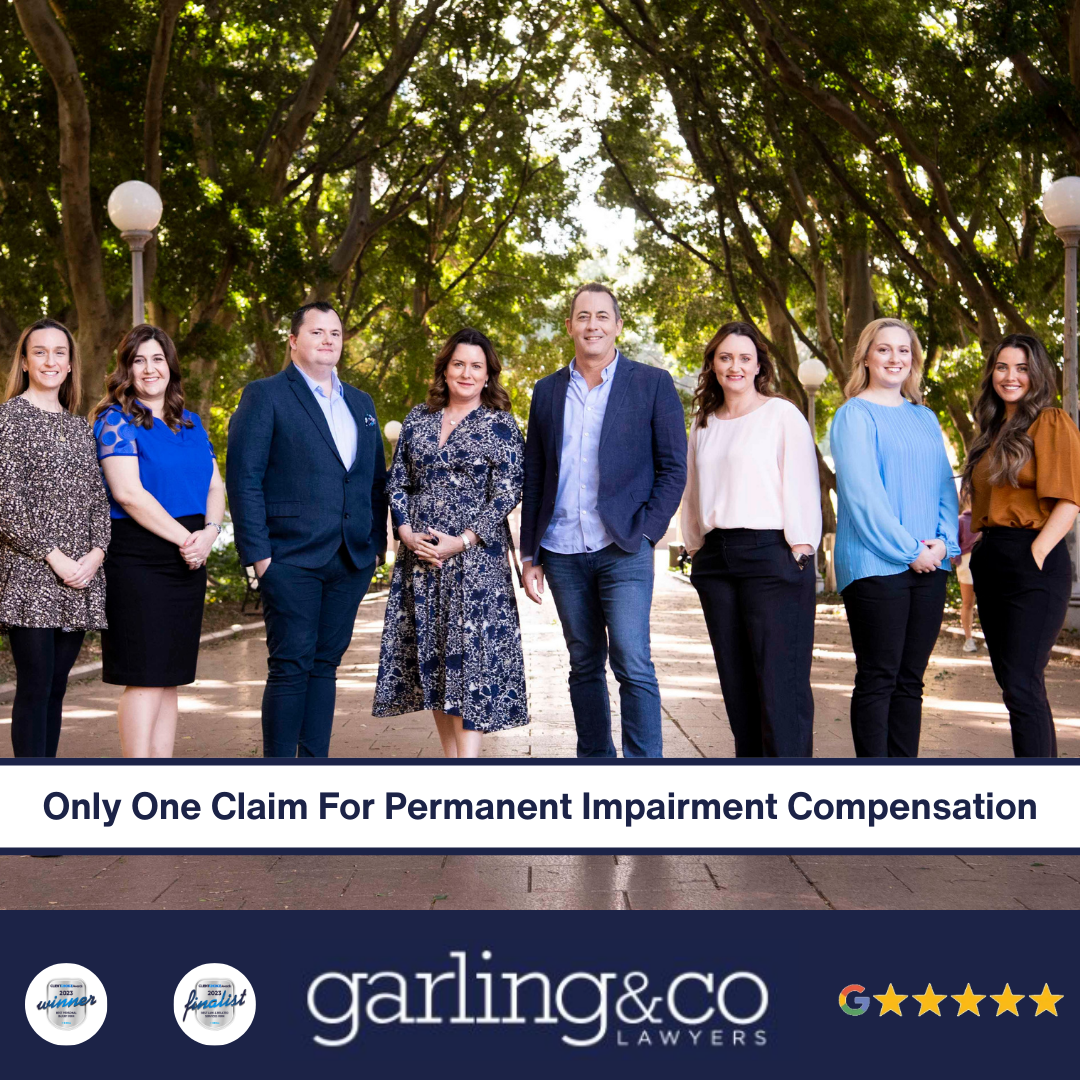
Section 66 (1A) states that only one claim can be made under the Act for permanent impairment compensation in respect of the permanent impairment that results from an injury.
As such, if you have at any time received lump-sum compensation for whole person impairment you cannot ever bring a further claim for an increase in that whole person impairment even if your condition gets worse.
The decision therefore when to pursue a claim for whole person impairment is crucial. You can only do so when it is clear that your condition is stable and is unlikely ever to deteriorate in the future.
The level of whole person impairment is now vitally important as not only does it allow for a lump sum amount of compensation but it also determines the length of time for which you are entitled to receive weekly payments of compensation and medical expenses.
For example, if you have an assessment of whole person impairment of 10% or less, then your entitlement to weekly compensation ceases at a maximum period of 5 years and medical expenses at 2 years.
If your level of whole person impairment is between 11 and 20%, then you are entitled to weekly payments for a maximum of 5 years and medical expenses for a maximum of 5 years.
If your assessment of whole person impairment is 21% or greater then you are entitled to weekly payments until retirement age and medical expenses for life.
Obtaining the highest whole person impairment you can is therefore crucial in determining how long you receive benefits however the timing of when to proceed with such a claim is fraught with danger as you only get one chance. If you get the timing wrong you may be limited to 5 years benefits instead of lifetime benefits.
This makes a decision on proceeding with a lump sum claim very difficult for all involved.












